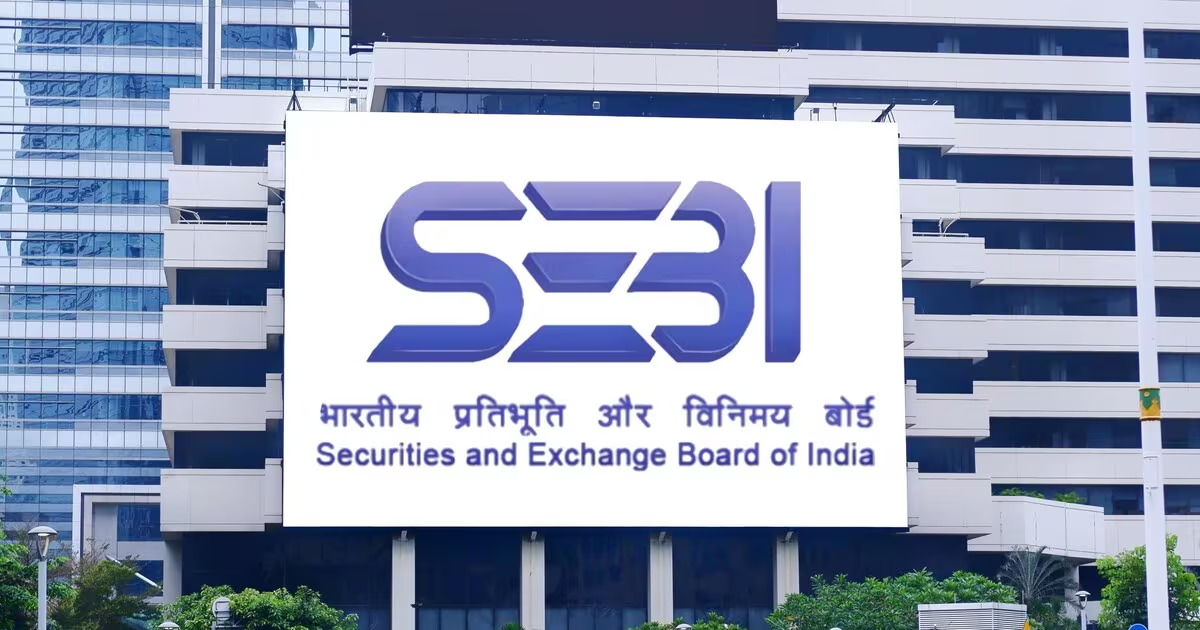India’s markets regulator, SEBI, has unveiled sweeping reforms to strengthen governance at stock exchanges, clearing corporations, and depositories (collectively, Market Infrastructure Institutions or MIIs), while also proposing new rules to standardize expiry days for equity derivatives contracts. These changes are designed to enhance transparency, prevent conflicts of interest, and ensure market stability as trading volumes surge and competition intensifies among exchanges.
1. Cooling-Off Period for Key Personnel Moving to Competitors
SEBI has mandated a cooling-off period for non-independent directors of MIIs before they can join a competing institution, with the exact duration to be set by the governing board of the respective exchange or depository and subject to SEBI’s prior approval.
The cooling-off period is currently required only when a director is appointed as a public interest director in a competing MII. For other key management personnel (KMPs), including MDs, the board of the respective MII will decide the policy.
The move aims to prevent conflicts of interest and safeguard market integrity, but legal experts caution that ambiguity over which board sets the cooling-off period could create implementation challenges.
2. Appointment, Reappointment, and Termination of Key Management Personnel
SEBI proposes that appointments, reappointments, and terminations of KMPs (such as Compliance Officer, Chief Risk Officer, CTO, and CISO) be decided by the MII’s governing board, not just its nomination and remuneration committee.
The process will begin with shortlisting by an independent external agency, followed by recommendations from the Nomination and Remuneration Committee (NRC), and final approval by the governing board.
SEBI will no longer be directly involved in the appointment process for these roles, except for public interest directors, whose appointments still require SEBI approval.
3. Standardization of Equity Derivatives Expiry Days
SEBI has proposed that all equity derivatives contracts—single stock futures/options and index derivatives—must have a minimum tenure of one month and expire either on a Tuesday or Thursday, as chosen by each exchange.
Each exchange may offer only one weekly benchmark index options contract, expiring on its chosen day (Tuesday or Thursday).
Any changes to the expiry or settlement day of derivatives contracts will require SEBI’s prior approval, ensuring predictability and reducing market disruption.
The move comes after a surge in expiry-day trading volumes, which raised concerns about concentration risk and market integrity.
4. Market Impact and Rationale
These reforms are expected to bolster governance, prevent regulatory arbitrage, and protect investors by ensuring that MIIs are staffed with qualified, independent personnel and that derivatives expiries are predictable and well-spaced.
SEBI’s approach balances regulatory oversight with operational autonomy for MIIs, though some industry experts warn that increased compliance requirements could make it harder to attract top talent.
Insight
SEBI’s latest regulatory overhaul for MIIs and derivatives markets marks a decisive step toward enhancing market integrity, transparency, and investor confidence. By empowering boards, introducing external vetting, and standardizing key market processes, SEBI is addressing both governance risks and the operational complexities of India’s rapidly evolving capital markets.
Source: Business Standard, CNBC TV18, Indian Express, Legal ET, TaxGuru, Economic Times, The Week, LinkedIn

